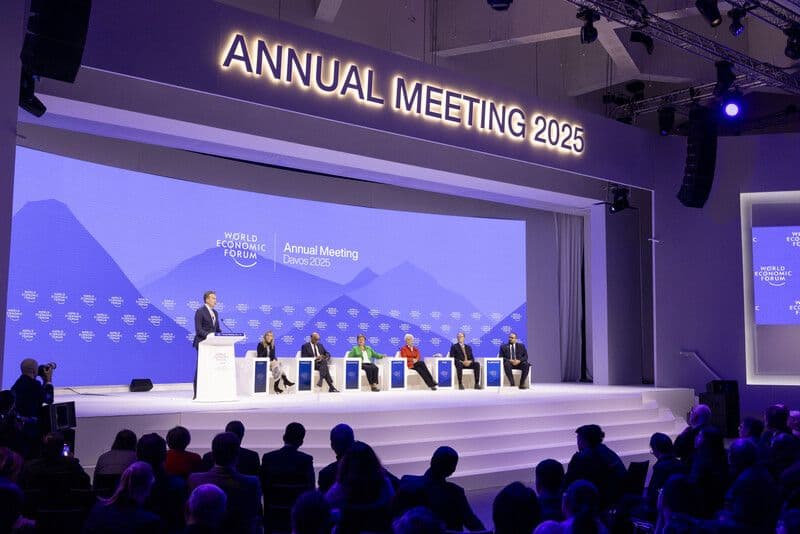 Zhann Jochinke, Chief Operating Officer, Property Monitor
Zhann Jochinke, Chief Operating Officer, Property Monitorhe initiative, launched by the Dubai Land Department (DLD) in coordination with VARA, the Dubai Future Foundation and the Central Bank of the UAE, introduces blockchain-backed fractional ownership to Dubai’s property sector. It is being implemented under the Real Estate Evolution Space (REES) and positions Dubai as the first real estate registry in the Middle East to formally incorporate tokenisation into its operating framework.
Over the past decade, Dubai has made consistent progress in digitalising its real estate ecosystem. The adoption of e-title deeds, smart escrow mechanisms, and a shift toward paperless transactions has created a robust base for more advanced transformation. Tokenisation is the logical next step. It builds on the foundation of digital trust that has already been established.
From a market intelligence standpoint, the timing of this initiative is strategic. Over the last three years, Dubai has seen record transaction volumes and capital inflows, including heightened interest from international investors. However, high asset values and conventional ownership structures limit access for a broader range of participants.
Tokenisation addresses this barrier by introducing fractional ownership. It allows real estate assets to be divided into digital units that can be bought and sold individually. This introduces liquidity to a traditional market segment, potentially unlocking participation from new investor demographics such as younger professionals, global retail investors and fintech-aligned institutions.
What makes this particularly viable in Dubai is the combination of strong institutional support and regulatory clarity. The involvement of the Central Bank and VARA from the outset sends a strong signal to both local and global markets that this is a serious and well-governed shift, not just a tech experiment.
As with any investment product, confidence is driven by access to accurate and timely data. At Property Monitor, we have always focused on the core pillars: consistent valuation methodologies, historical transaction benchmarks, liquidity indicators and risk analytics.
If tokenised real estate is to be treated as a tradable asset class, the underlying data must meet the same standards expected in mature capital markets. This includes regulator approved valuations, clear ownership histories, standardised pricing metrics and transparent performance reporting.
For developers, tokenisation introduces an alternative route to capital through fractional presales. This could reduce reliance on traditional funding and open new cross-border investor pools. However, tokenisation also demands a higher standard of professional responsibility. Marketing a digital asset involves more than standard property presentation. It requires access to live valuation models, regulatory documentation, and performance forecasts that investors can evaluate in real time.
Platforms that support tokenised products will need to integrate intelligent search, dynamic pricing tools, and compliance frameworks as part of their core user experience. Any gap in these areas will limit adoption and trust.
Several global cities have piloted tokenised real estate, including New York, London, and Singapore. What sets Dubai apart is the speed and alignment of its regulatory, financial, and PropTech environments. The city is uniquely positioned to become the operational benchmark for real estate tokenisation. The combination of market momentum, digital readiness, and investor appetite offers a compelling growth trajectory. But successful execution will require close coordination between technology providers, data platforms, regulators, and market participants.
Tokenisation is not simply a digital interface for existing products. It is a new structure for asset participation. When done correctly, it creates broader access to real estate investment, improves market liquidity, and enhances overall capital efficiency.
Dubai has made a decisive step forward. The potential for this model is clear. The priority now is to ensure the infrastructure, governance, and data frameworks are mature enough to scale securely and sustainably.

Learn which generation is likely to invest in crypto.

See as HBO reveals the Bitcoin’s creator

Layer 2 solutions Arbitrum and Optimism improve Ethereum

The industry now accepts transactions in cryptocurrency.